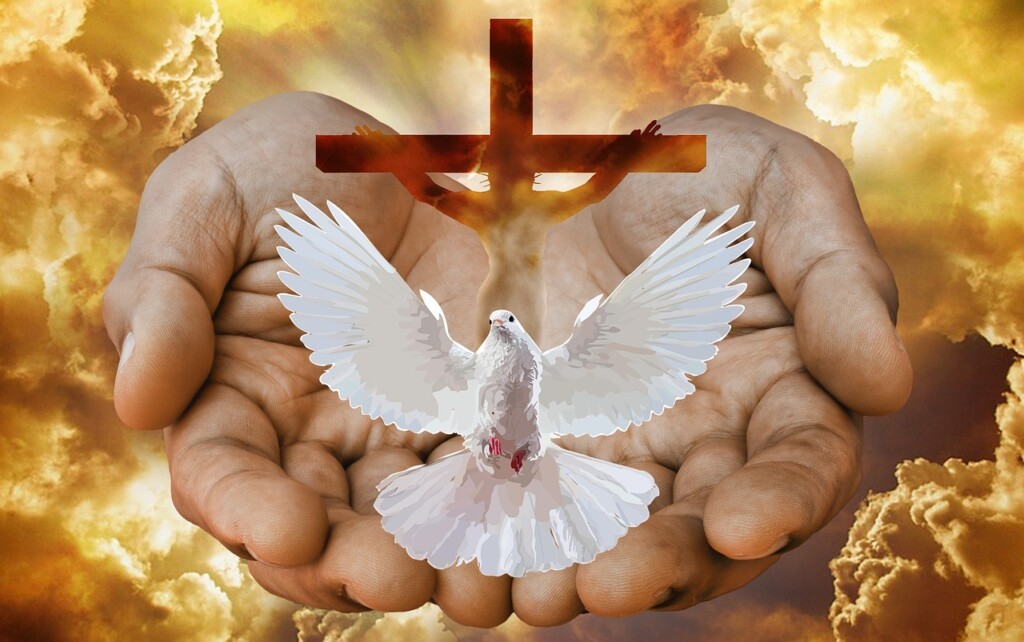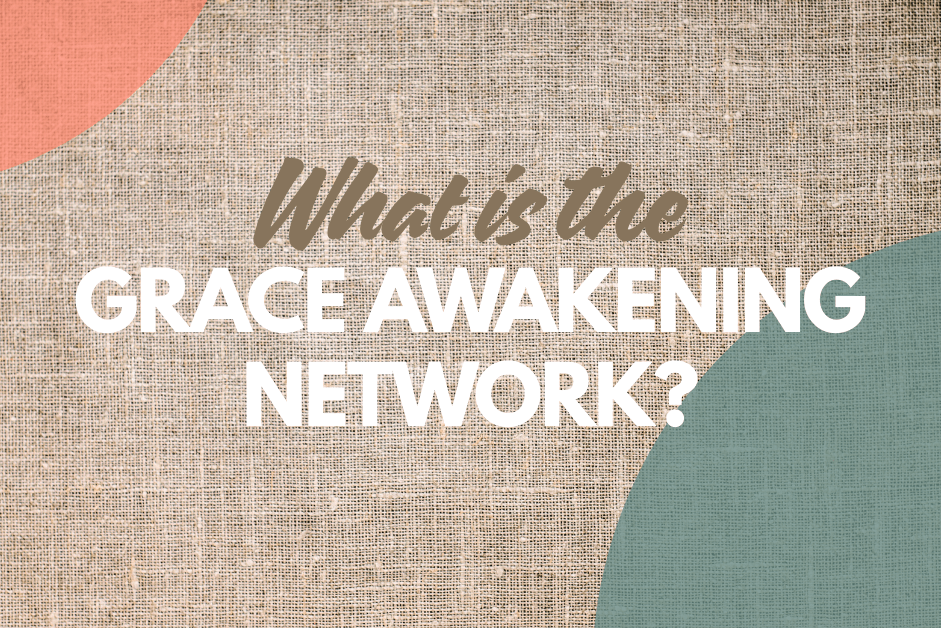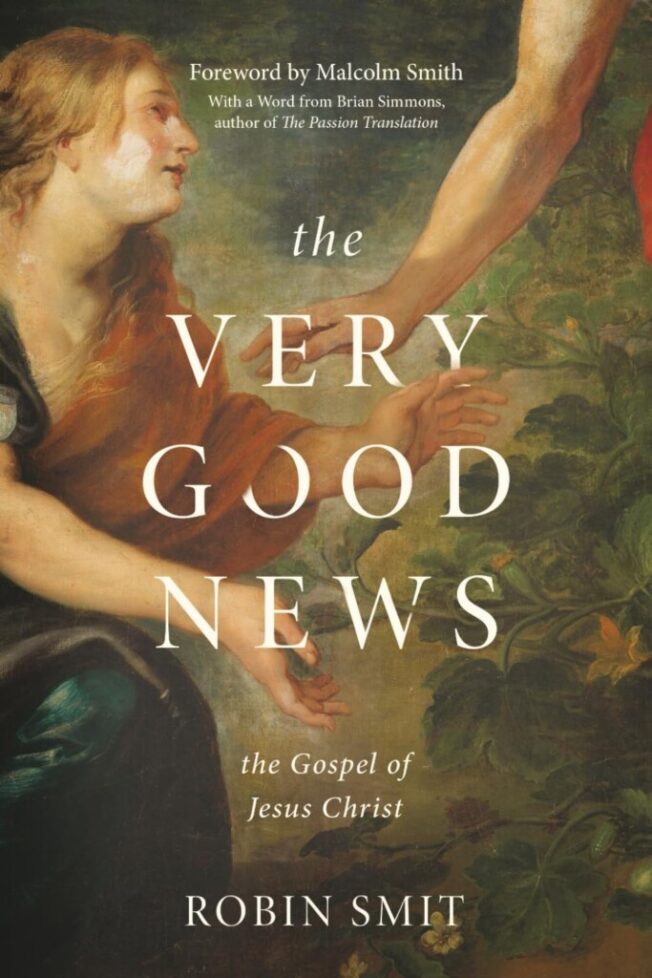What is Trinitarianism?
The Radiant Reality of the Trinity
In the beginning, before time ticked its first beat, there was Love. Not a solitary being gazing into the void, but a communion—Father, Son, and Holy Spirit—existing in perfect harmony. This is the beating heart of Trinitarianism. It is not a cold doctrine to memorize, but the radiant reality of a God who has always been, and always will be, relational.
To understand Trinitarianism is to step into the rhythm of divine communion. The Father, ever pouring out love. The Son, eternally receiving and reciprocating that love. The Spirit, the shared breath—the wind of union—between them. They are not three gods, nor one God who wears three masks. They are One in essence, Three in personhood. This mystery is not a riddle for us to solve, but a truth about divine love to be worshipped.
The Triune God Who Draws Us In
“Since, also, there is but one unbegotten Being, God, even the Father; and one only-begotten Son, God, the Word and man; and one Comforter, the Spirit of truth; and also one preaching, and one faith, and one baptism;” wrote Ignatius A.D 30-107. For him, the Trinity was not a puzzle—it was the pulse of salvation history. Without the Trinity, there is no Gospel, no Incarnation, no indwelling Presence. Trinitarianism reveals that God is not lonely but overflowing; not aloof but present; not distant but nearer than the breath we breath. And He exists, 3 in 1.
Dionysius, Bishop of Alexandria a.d. 200–265 another mighty voice of the early Church, put it beautifully: “Thus, indeed, we expand the indivisible Unity into a Trinity; and again we contract the Trinity, which cannot be diminished, into a Unity.” He spoke of the Trinity not as an inseparably connected God, the divine dance of unity and distinction, of eternal love and shared glory.
Trinitarianism matters because it tells us that God has never been alone. And if God is relational by nature, then relationship is the foundation of all reality of the gospel. The cosmos springs from love, not violence; from communion, not competition. The Trinity is the source of all grace, the fountain of all mercy, the very alive reason we are drawn not just to believe in God, but to belong with Him.
In a world that is fractured, divided, and anxious for identity, it is the Father in the Son as revealed in the Holy Spirit—i.e Trinitarianism or a Triune God that is our anchor. It speaks of a God who has chosen to include us in His fellowship. As Augustine of Hippo A.D 354-430 said, “Those holy angels come to the knowledge of God not by audible words, but by the presence to their souls of immutable truth, i.e., of the only-begotten Word of God; and they know this Word Himself, and the Father, and their Holy Spirit, and that this Trinity is indivisible, and that the three persons of it are one substance, and that there are not three Gods but one God; and this they so know that it is better understood by them than we are by ourselves.” In the Trinity, we see Father, Son and Holy Spirit are joined together like a dove-tail joint—inseparable.

When Did Trinitarianism Begin?
Before Time Began—The Eternal Origin of the Trinity
Trinitarianism did not begin in the fourth century councils or emerge as a late invention of theologians. No—Trinitarianism is as ancient as God Himself. It began before the foundations of the world were laid, before stars burned in the sky, before Eden knew breath or beauty. Trinitarianism is not man’s idea about God—it is God’s revelation of Himself to us.
The early Church did not create the doctrine of the Trinity. They recognized it. Like travelers glimpsing the sunrise from the edge of night, they bore witness to the mystery that had always been true: God is Triune. The Father is not the Son, the Son is not the Spirit, and yet each is fully God, co-eternal, co-equal, and perfectly united.
Justin Martyr A.D 100-165 , known as Justin the Philosopher, was an early Christian apologist and philosopher. “For, in the name of God, the Father and Lord of the universe, and of our Saviour Jesus Christ, and of the Holy Spirit, they then receive the washing with water.”
The First Apology Chapter LXI
A little further along—Tertulian, A.D 160-215, an African apologist and theologian, praised “They are of one substance and power, because there is one God from whom these degrees, forms and kinds devolve in the name of Father, Son and Holy Spirit.” ” These were not theological abstractions for him—they were the very foundation of the gospel of salvation.
The Triune God Revealed in Time
Trinitarianism didn’t begin in time. It entered time in the form of family and revealed a God of connection and personhood.
At the baptism of Jesus, heaven opened and all three Persons were revealed at once: the Father’s voice thundered love, the Son stood in humble flesh, and the Spirit descended like a dove. It wasn’t a theological moment—it was a Trinitarian unveiling. From that moment on, the early Church knew: we are not saved by a distant deity, but by the Triune God who steps into history.
Polycarp (70-155/160). Bishop of Smyrna. Disciple of John the Apostle “O Lord God almighty . . . I bless you and glorify you through the eternal and heavenly high priest Jesus Christ, your beloved Son, through whom be glory to you, with Him and the Holy Spirit, both now and forever” (n. 14, ed. Funk; PG 5.1040).
In Trinitarianism we learn the eternal truth that God is love in relationship. Not originating in a council but made manifest in Christ.
The Power and Poetry of the Trinity
We belong to a Triune God and this is not a side note in theology—it is the very heartbeat of the Gospel. To know the Trinity is to know the eternal love that gave birth to creation, redemption, and resurrection. It is to understand that before there was law, sin, or even time itself, there was family. A divine fellowship. A holy circle dance—what the early Church called perichoresis.
Perichoresis—from the Greek meaning “mutual indwelling” or “interpenetration”—is the beautiful truth that Father, Son, and Spirit move in perfect harmony. Not as static individuals, but as a living communion of self-giving love. They move as one, each pouring into the other without confusion or collapse. It’s not hierarchy. It’s harmony. Not separation. But shared life.
This is not just poetry. It’s power.
The word the Scripture uses to describe this relationship between the Father and Son is the Greek word; pros—“toward.” In the beginning was the Word, and the Word was with (pros) God… (John 1:1). The Son was eternally turned toward the Father in love, face-to-face in unbroken fellowship. This is the origin of everything. The universe was not birthed from violence or chaos, but from this loving gaze. From this divine “towardness.”
- We highly recommend watching this message with Jason Clark and C. Baxter Kruger PHD, hosts of Across All Worlds; Hooked on the Trinity Click -> HERE to watch.

Why Is Trinitarianism Important?
The Triune God Invites Us In
Because it tells us that God is, and has always been, a family. He did not become relational after creating us. He already was relationship. This means we were not created to earn His love, but to receive it. We were not made to impress God, but to actually participate in Him in a divine experience.
The Trinity is important because it reveals the kind of God we trust. Not a tyrant demanding obedience, but a Father sending His Son and pouring out His Spirit. A God who shares His life with the entire world He created instead of hoarding it. A God who doesn’t stand above us, but brings us inside to His existence and His own joy.
In this revelation, all fear is cast out. We discover that grace is not a theological category, but the overflow of the Trinity’s shared life extended to us. As Athanasius said For He himself became man, that we might be deified.”On the Incarnation (chapter 54, section 3)
Trinitarianism is not a doctrine to get us to God, or belief to get right. But a its importance is monumental because it helps us understand the nature of our God—and that is key. Our God is personable, triune and agape love can not exist on its own. This kind of love is the source of all creation, the shape of all redemption, and the promise of all eternal union. In the end, our salvation is not cheapened to a transactional message about going to heaven, but it reveals the heartbeat of the gospel is in a Triune family who refuses to be separate from creation. A God in three persons that never separates from each other and who is completely committed to bring us all into Their eternal dance with the Father, Son, and Spirit.
So why is Trinitarianism important?
Because this is the God who is with us and never separates.
Because this is the God who is for us and will never leave us.
Because this is the God who brings us home—not as servants at the edge of glory, but as sons and daughters dwelling within the circle of divine embrace.
Recommended GAN TV Messages
- Grace For All with Jamie Englehart Foundations of the Trinity with C Baxter Kruger, Part 1 and 2 To watch, Click Here
- Jubilee with Matt Spinks Resting in The Union with the Trinity To watch, Click Here
Or enjoy this message from John Crowder of The Jesus Trip Why is the Trinity Important?
📚 Patristic & Theological Sources
🔹 Athanasius
- On the Incarnation
- Key quote: “The Father is made visible through the Son, and the Spirit gives us access to the Son.”
- A foundational work for understanding the Trinity in the context of the Incarnation.
🔹 Gregory of Nyssa
- On Not Three Gods
- Key theme: Unity of essence, distinction of persons.
- Quote used: “The three are one in power, one in essence, one in will, one in operation.”
🔹 Maximus the Confessor
- Ambigua (Ambiguities)
- Focus: The Incarnation as participation in divine life.
- Quote used: “The Word of God became what we are so that we might become what He is.”
🔹 Irenaeus of Lyon
- Against Heresies (Book IV, Preface and Book V, Chapters 1–2)
- Teaches the “economic Trinity” (Father plans, Son accomplishes, Spirit perfects).
- Introduces the “rule of faith” that emphasizes the triune work of salvation.
🔹 Polycarp
- The Martyrdom of Polycarp (Chapter 14)
- Trinitarian prayer before martyrdom: praise to Father, Son, and Spirit.
🔹 St. John Chrysostom
- Homilies on the Gospel of Matthew
- Commentary on Jesus’ baptism reveals all three persons of the Trinity.
- Quote theme: “Do you see the Trinity? The Father speaks, the Son is baptized, and the Spirit descends.”
🔹 St. John of the Cross
- Sayings of Light and Love
- Quote used: “The Father spoke one Word, which was His Son, and He speaks it always in eternal silence.”
📘 Theological & Biblical Support
- John 1:1 – “In the beginning was the Word, and the Word was with (pros) God, and the Word was God.”
- Pros signifies a face-to-face, intimate relationship between Father and Son.
- Matthew 3:16-17 – The baptism of Jesus reveals the Trinity in action.
- 2 Peter 1:4 – “…that you may participate in the divine nature…” (theme of perichoresis and participation)
- Michael Reeves, Delighting in the Trinity
- A modern, accessible exploration of why the Trinity matters for daily faith.
- Thomas F. Torrance, The Christian Doctrine of God: One Being Three Persons
- Deep theological dive into Trinitarianism from a New Covenant, finished works lens.
- Catherine Mowry LaCugna, God For Us: The Trinity and Christian Life
- Excellent on the relational and communal implications of the Trinity.
- Athanasius, On the Incarnation, ch. 1–3.
- Gregory of Nyssa, On Not Three Gods.
- Maximus the Confessor, Ambigua 7.
- Irenaeus, Against Heresies, IV. Preface, V.1–2. Purchase a copy on Amazon Click -> HERE
- The Martyrdom of Polycarp, ch. 14.
- St. John Chrysostom, Homilies on Matthew, Homily 12.
- St. John of the Cross, Sayings of Light and Love, §100.
- Michael Reeves, Delighting in the Trinity, InterVarsity Press, 2012.
- Thomas F. Torrance, The Christian Doctrine of God, T&T Clark, 1996.
- Catherine Mowry LaCugna, God For Us, HarperOne, 1991.
- Scripture references: John 1:1 (Greek: pros), Matthew 3:16–17, 2 Peter 1:4.Awesome! Here’s a “Further Reading” section you can place at the end of the article, followed by an optional footnote-style citation guide in case you want to include endnotes or references on the website. Everything is formatted cleanly and consistently with the tone of your article.
📖 Further Reading & Sources
If you’d like to explore more about the beauty and depth of Trinitarian theology—especially as it relates to the finished work of Christ, the New Covenant, and the early Church’s vision—here are some foundational sources that inspired this article:
🕊️ Early Church Voices
- Athanasius – On the Incarnation
- Gregory of Nyssa – On Not Three Gods
- Maximus the Confessor – Ambigua
- Irenaeus of Lyon – Against Heresies
- Polycarp – The Martyrdom of Polycarp
- St. John Chrysostom – Homilies on the Gospel of Matthew
- St. John of the Cross – Sayings of Light and Love
📘 Scripture & Theology
- John 1:1, Matthew 3:16-17, 2 Peter 1:4 – Biblical foundations for the Trinity and divine participation.
- Michael Reeves – Delighting in the Trinity
- Thomas F. Torrance – The Christian Doctrine of God: One Being Three Persons
- Catherine Mowry LaCugna – God For Us: The Trinity and Christian Life













